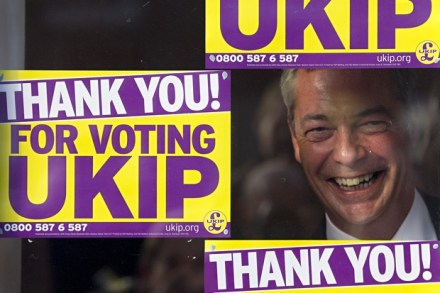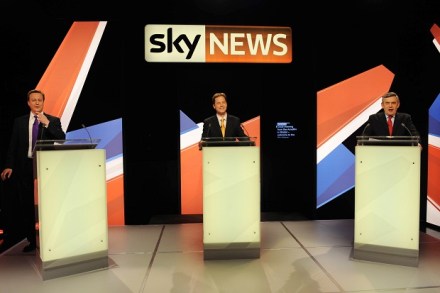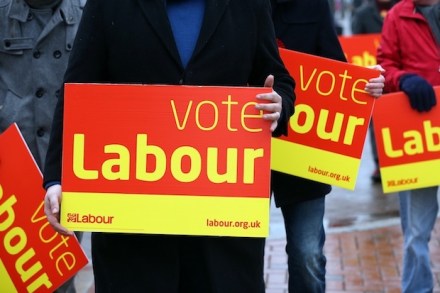How will the Greek elections change the political debate in the UK?
If you were looking for clues as to how the result of the Greek elections will affect our politics in the United Kingdom, here’s a handy hint. This is the statement Nigel Farage has released, before the official result has even been declared: ‘This is a desperate cry for help from the Greek people, millions of whom have been impoverished by the Euro experiment. An extraordinary game of poker will now begin with Chancellor Merkel, with the ECB powerless to do much than be an observer.’ Ukip will want to make the result and fallout from this election about the failure of European elites and the slow death of the




















